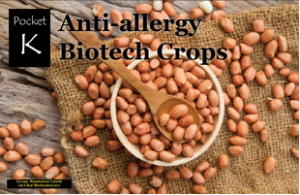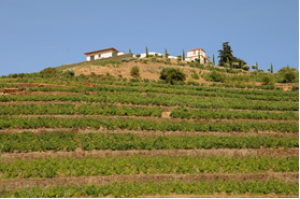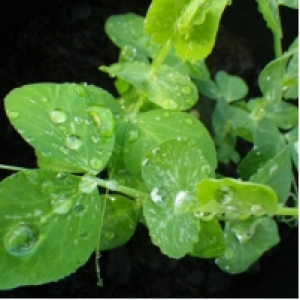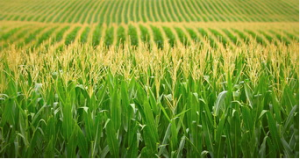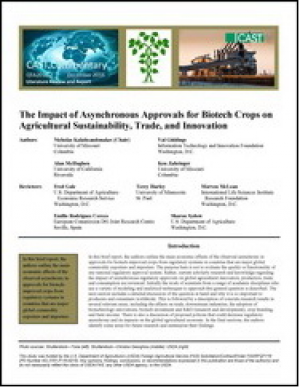ISAAA releases a new Pocket K on Anti-allergy Biotech Crops, which presents how GM crops tested for allergens and how biotechnology applications are used to remove allergens in food crops. Download a copy for free from the ISAAA website.
Some 200 000 people from Mosul and across Iraq will be able to earn an income for the first time since the Islamic State of the Levant (ISIL) took parts of the area in 2014, thanks to a new FAO project that is restoring irrigation to 250 000 hectares of farmland.
LMU researchers have identified a set of proteins that enable plants to adjust their photosynthesis in response to fluctuating light intensities so as to make the best use of the light available.
Photosynthesis, the most important single biological process on Earth, is driven by sunlight. However, solar radiation is a fickle energy source, for the intensity of the light available in most environments is constantly changing - depending on factors such as the cloud cover and the distribution of shade.
Read more at: http://phys.org/news/2016-12-adjust-photosynthesis-response-fluctuating-intensities.html#jCp
LMU researchers have identified a set of proteins that enable plants to adjust their photosynthesis in response to fluctuating light intensities so as to make the best use of the light available. Photosynthesis, the most important single biological process on Earth, is driven by sunlight. However, solar radiation is a fickle energy source, for the intensity of the light available in most environments is constantly changing - depending on factors such as the cloud cover and the distribution of shade.
The USDA FAS Global Agricultural Information Network released updates on the status of agricultural biotechnology in Portugal. According to the report, Portugal is the second largest grower of biotech corn in the European Union following Spain. Portugal conforms to EU regulations on biotech crops.
An international team of researchers led by Professor Monica Gagliano from The University of Western Australia has shown for the first time that plants learn about their environments by making links between events, an ability previously thought to be exclusive to animals
Biotech crops contributed an estimated amount of US$126,969.27 million of gross benefit to Argentina from 1996 to 2016. This is according to a report released by the Argentine Council for Information and Development of Biotechnology (ArgenBio).
Using advanced nuclear methods, an international team of scientists led by Richard Ferrieri from the University of Missouri (figure) has determined the mechanisms that corn plants use to fight the western corn rootworm, a major pest threatening the growth of the vital food source.
The Nigeria Academy of Science, the country's top scientific organization and the federal government's scientific advisor has declared that GMOs are safe and beneficial to improve agricultural productivity. Furthermore, the Academy noted that the technology has the potential to address food security.
The Council for Agricultural Science and Technology (CAST) Literature Review and Report has been released. The Impact of Asynchronous Approvals for Biotech Crops on Agricultural Sustainability, Trade, and Innovation looks at problems caused by asynchronous approvals for biotech crops. The authors focused on the economic effects in countries that are major global commodity exporters and importers
Cell wall fortification is one of the best resistance mechanisms in wheat (Triticum aestivum) against Fusarium graminearum, which causes Fusarium head blight (FHB). Analysis of FHB resistant near-isogenic lines (NIL-R) led to the identification of various resistance-related (RR) metabolites, including hydroxycinnamic acid amides, such as coumaroylagmatine and coumaroylputrescine.


 Curently online :
Curently online :
 Total visitors :
Total visitors :
